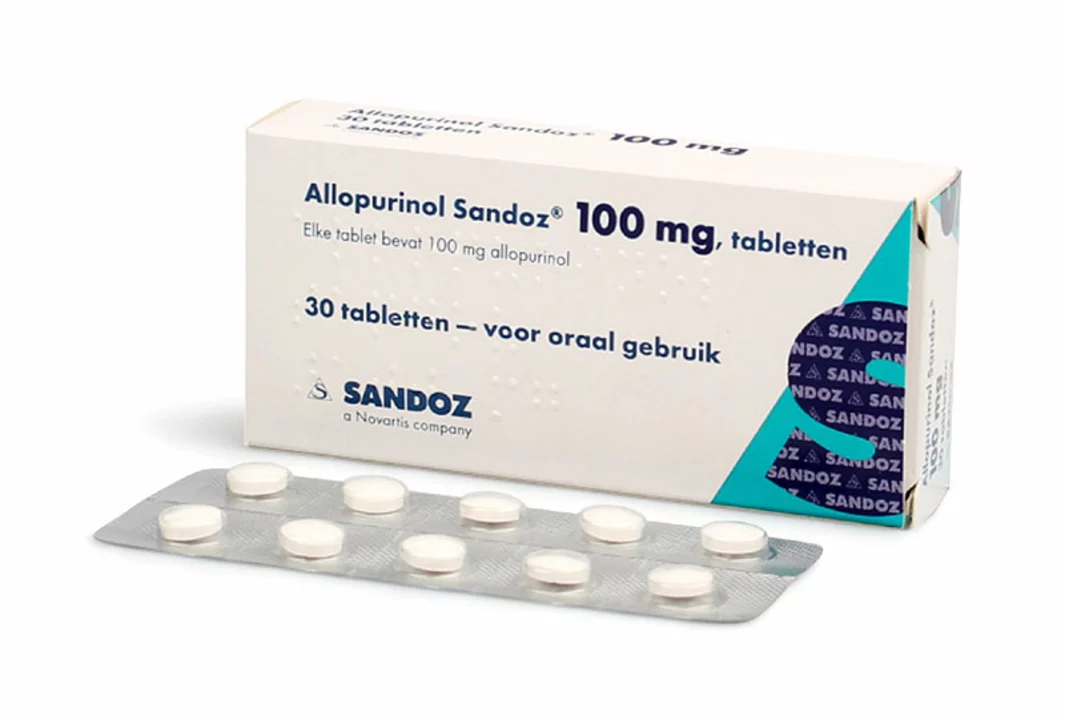Children: Safe, Affordable Health & Medicine Tips
Most parents want two things: safe care and to avoid a surprise bill. When it comes to kids and medicines, small mistakes can cause big problems. This page collects clear, practical tips you can use right away — from safe dosing to finding trustworthy pharmacies and saving money without cutting corners.
Practical medicine safety for kids
Always dose by weight, not age. If a label or doctor gives milligrams per kilogram, use your child’s current weight to calculate the dose. If you're unsure, call your pediatrician or pharmacist before giving the first dose.
Keep liquid medicines with the original dosing device. Kitchen teaspoons vary widely; never guess. For pills, ask your pharmacist if the tablet can be split or if a child-friendly formulation exists.
Watch for common interactions and side effects. For example, some nasal sprays and allergy meds can interact with other prescriptions your child takes. If your child is on a chronic drug or has asthma, bring a full medication list to every appointment.
Store meds safely and out of reach. Use childproof containers and keep all medicines—prescription and over-the-counter—locked away. Accidental ingestions happen fast; have your local poison control number handy.
Finding medicines safely and saving money
Prefer a licensed pharmacy. When buying online, check for a physical address, a pharmacist you can contact, and an official license. If a site offers prescription drugs without asking for a prescription, it's a red flag.
Compare prices but check legitimacy first. Generic drugs are often much cheaper and work the same. Use your clinic’s patient assistance programs, discount cards, or shop around between local stores, big chains, and verified online pharmacies to cut costs.
Ask about alternatives if a drug is expensive or causes side effects. For many conditions there are safe substitutes that cost less or are easier to find in pediatric formulations. Talk through options with your child’s clinician rather than switching medicines on your own.
When a medicine sounds unfamiliar, read a reliable guide before giving it. Our site has plain-language articles on many drugs, from allergy sprays to antibiotics, and tips for safe online ordering. If a drug is marketed for adults, check with your doctor—kids often need different doses, formulations, or even different medicines.
If you’re worried about a reaction or a dosing mistake, call your pediatrician or local emergency services immediately. Quick action matters more than worry. For ongoing questions, use a single place to track doses, refill dates, and notes about how your child responded—this helps both you and the doctor make smarter choices.
Explore our posts below for specific drug guides, safety checklists, and money-saving ideas written for parents who want clear, usable advice without the medical jargon.
Clarithromycin for Children: Dosage, Safety, and Efficacy
As a parent, I know how important it is to make sure our children are receiving the most effective and safe treatments when they're unwell. Recently, I came across information about Clarithromycin, an antibiotic commonly prescribed for children. It's essential to give the correct dosage, which is usually based on the child's weight, to ensure both safety and efficacy. From what I've gathered, Clarithromycin has been proven to be a safe and effective treatment option for various bacterial infections in children. However, it's always important to consult with your pediatrician before administering any medication to your child.
Read More
